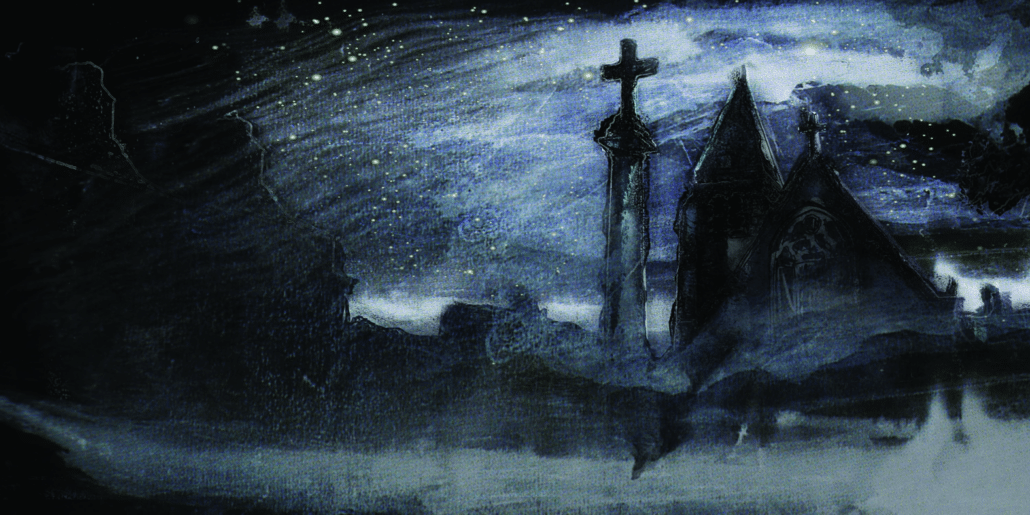An absurd experience in my life was being diagnosed with bipolar disorder. At first, I thought I was simply dealing with anxiety and insomnia, but the diagnosis came out of nowhere, completely unexpected. It felt random, almost surreal, and it’s had a profound impact on my life ever since.
In absurdist philosophy, something is absurd when it lacks inherent meaning. The world itself, in its chaos and randomness, isn’t rational and doesn’t provide any transcendent purpose. Yet, as human beings, we’re driven to seek that meaning, to impose some kind of order on our lives. In facing the absurd, we have a few possible responses: suicide, religious belief, seeking power (as portrayed in Albert Camus’ play Caligula), or accepting the absurd without trying to resolve it.
For me, I would choose religious belief, because it offers meaning to things we feel should have meaning. Even without hard proof, religion provides answers and a sense of order that comforts us in a world that otherwise might seem purposeless. It’s the closest solution to satisfying our deep need for meaning.





Leave a Reply